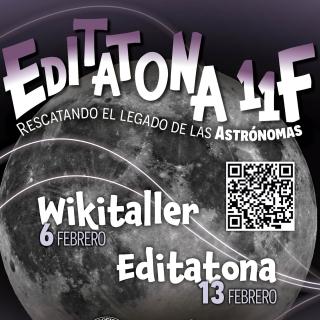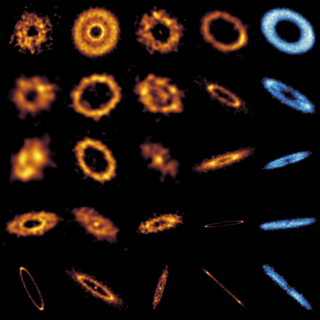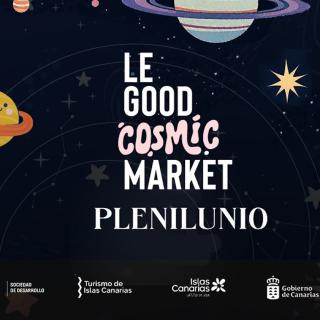It may interest you
-
 The Instituto de Astrofísica de Canarias (IAC) and Wikimedia Spain are organising, on the occasion of the International Day of Women and Girls in Science, a Wikipedia editing workshop and an edit-a-thon of biographies of female astronomers and astrophysicists, an initiative that seeks to highlight the talent of women in the field of astronomy and astrophysics and contribute to reducing existing content gaps in the free encyclopaedia. The proposal is divided into two complementary days, designed to facilitate participation by anyone, regardless of their level of prior knowledge about editingAdvertised on
The Instituto de Astrofísica de Canarias (IAC) and Wikimedia Spain are organising, on the occasion of the International Day of Women and Girls in Science, a Wikipedia editing workshop and an edit-a-thon of biographies of female astronomers and astrophysicists, an initiative that seeks to highlight the talent of women in the field of astronomy and astrophysics and contribute to reducing existing content gaps in the free encyclopaedia. The proposal is divided into two complementary days, designed to facilitate participation by anyone, regardless of their level of prior knowledge about editingAdvertised on -
 An international team, with participation from the University of La Laguna (ULL) and the Instituto de Astrofísica de Canarias (IAC), have, for the first time, captured a detailed snapshot of planetary systems in an era long shrouded in mystery. The study, called ALMA survey to Resolve exoKuiper belt Substructures (ARKS) , is based on a series of 10 articles published simultaneously in the journal Astronomy and Astrophysics and was carried out using the Atacama Large Millimetre/submillimetre Array (ALMA) . Thanks to this work, the sharpest images ever of 24 debris disks, the dusty belts leftAdvertised on
An international team, with participation from the University of La Laguna (ULL) and the Instituto de Astrofísica de Canarias (IAC), have, for the first time, captured a detailed snapshot of planetary systems in an era long shrouded in mystery. The study, called ALMA survey to Resolve exoKuiper belt Substructures (ARKS) , is based on a series of 10 articles published simultaneously in the journal Astronomy and Astrophysics and was carried out using the Atacama Large Millimetre/submillimetre Array (ALMA) . Thanks to this work, the sharpest images ever of 24 debris disks, the dusty belts leftAdvertised on -
 El Instituto de Astrofísica de Canarias (IAC) colabora con Le Good ‘Cosmic’ Market dentro del entorno de la celebración de Plenilunio acercando con una amplia agenda de actividades divulgativas que tendrán lugar en el Parque García Sanabria, de Santa Cruz de Tenerife, los días 4 y 5 de octubre. En ocasión de la elección de la temática ‘ cosmic’ de esta cita en la capital tinerfeña, la Unidad de Comunicación y Cultura Científica (UC3) del IAC ha asesorado a la organización del market para que toda su imagen y materiales tengan respaldo científico avalado. Además, el centro ofrece un programaAdvertised on
El Instituto de Astrofísica de Canarias (IAC) colabora con Le Good ‘Cosmic’ Market dentro del entorno de la celebración de Plenilunio acercando con una amplia agenda de actividades divulgativas que tendrán lugar en el Parque García Sanabria, de Santa Cruz de Tenerife, los días 4 y 5 de octubre. En ocasión de la elección de la temática ‘ cosmic’ de esta cita en la capital tinerfeña, la Unidad de Comunicación y Cultura Científica (UC3) del IAC ha asesorado a la organización del market para que toda su imagen y materiales tengan respaldo científico avalado. Además, el centro ofrece un programaAdvertised on
